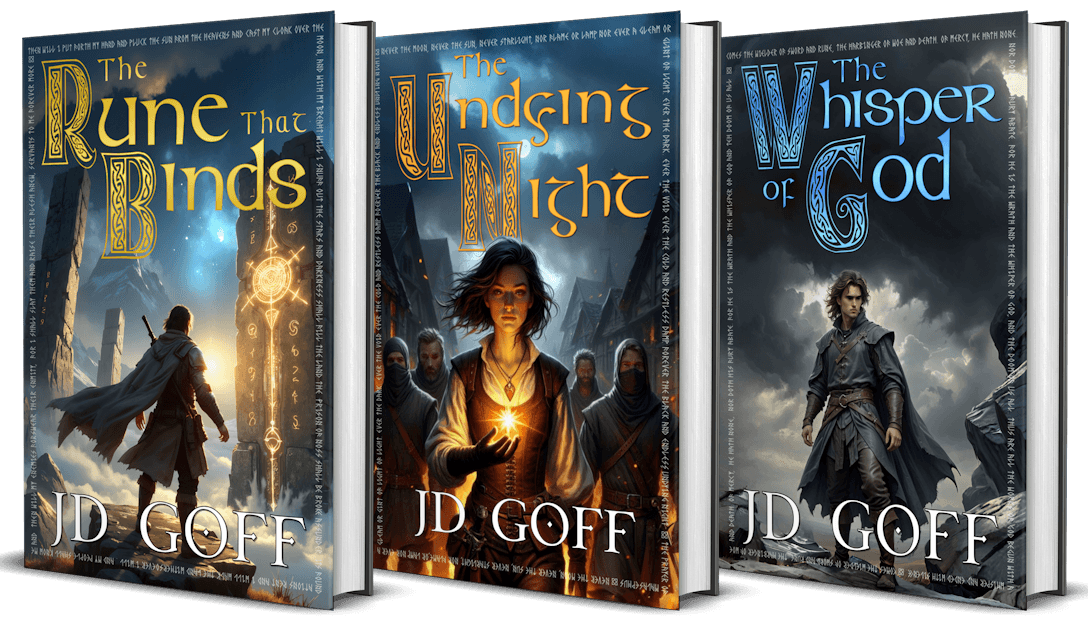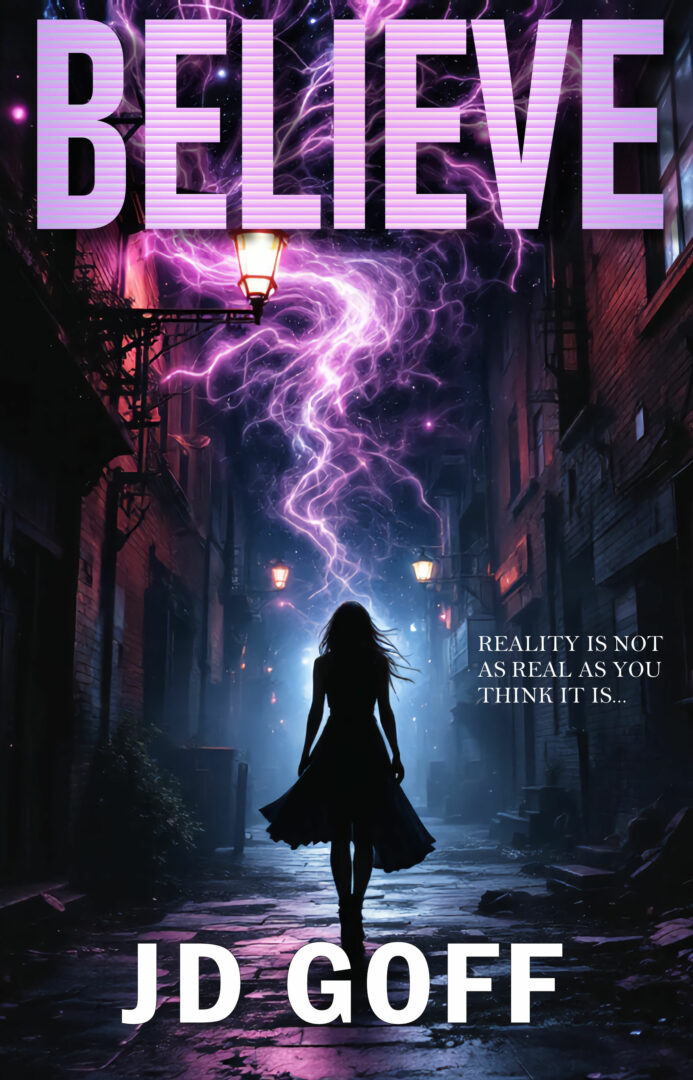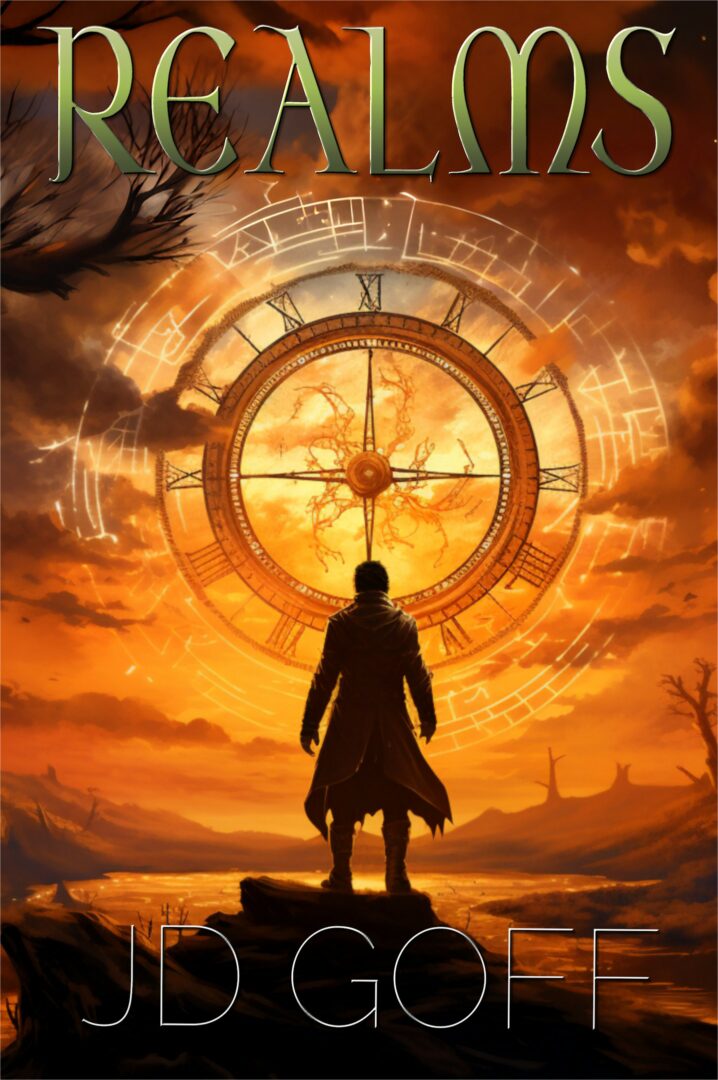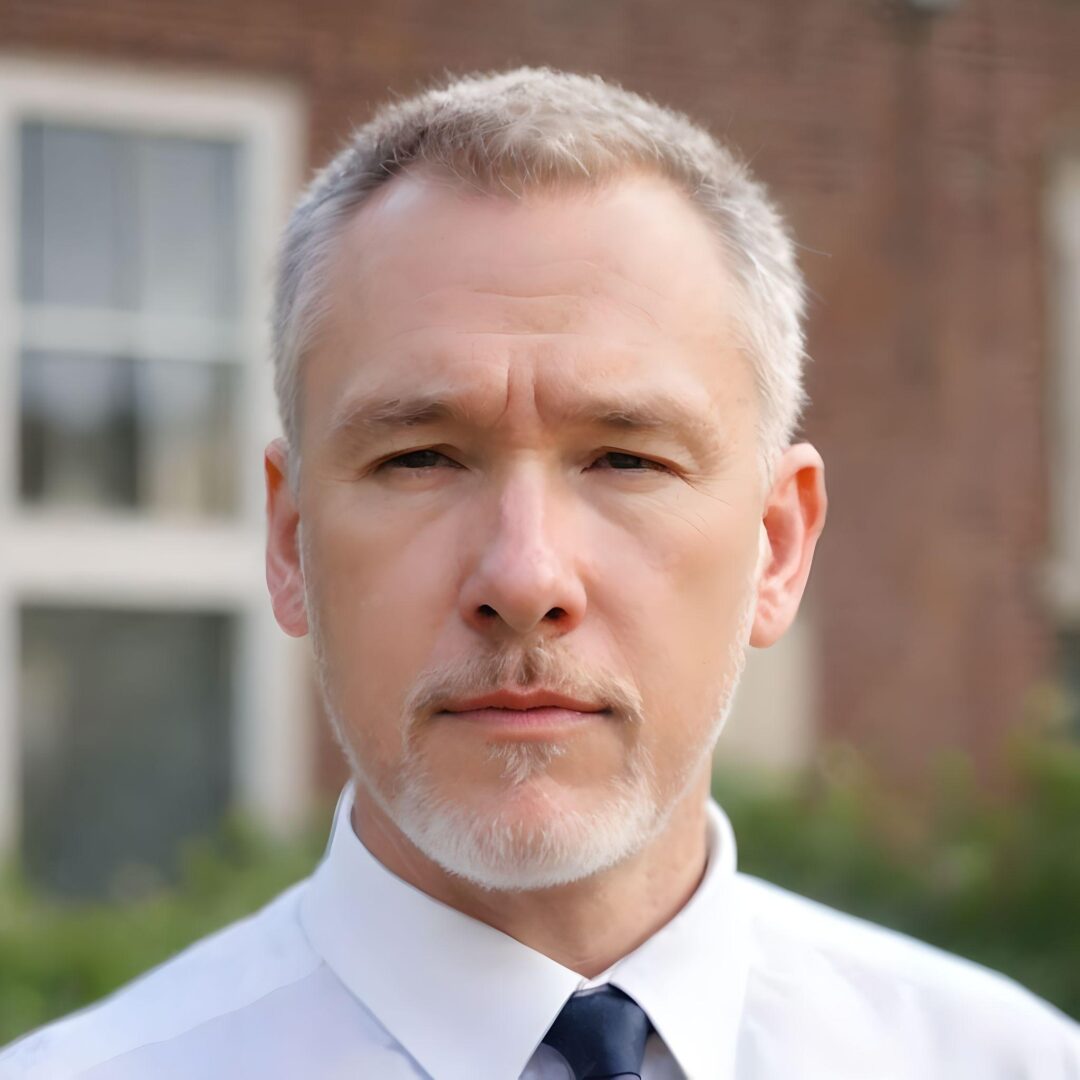Alright – so today we’ve got the honor of introducing you to Jonathan Goff. We think you’ll enjoy our conversation, we’ve shared it below.
Hi Jonathan, we’re so appreciative of you taking the time to share your nuggets of wisdom with our community. One of the topics we think is most important for folks looking to level up their lives is building up their self-confidence and self-esteem. Can you share how you developed your confidence?
Confidence comes from doing hard things, not participation trophies or empty praise. Doing hard things, things you doubt you can do, and succeeding brings confidence. And even if you fail, you learn what not to do. And so you try again, applying the lessons you learned from your failure. You keep trying until you succeed. Confidence is born from both our failures and successes. But if you’re not given the opportunity to fail, you’ll never build confidence.
That’s only part of it. There are a lot of very successful people who are also boastful, but arrogance is the opposite of confidence. Confidence does not brag because it doesn’t need to. The other side of the coin is humility. True confidence doesn’t brag because it is founded in gratitude. And that’s even more important than doing hard things.
For me, my talents, abilities, and the opportunities I’ve had in life are gifts from God. But one doesn’t need to be religious to be grateful. We just need to understand that our gifts, abilities, and talents are things we’re born with. Not from anything we did. And who we become, how we’re shaped, are gifts from parents, teachers, friends, family, even strangers you meet on the bus. We are more than the sum of our choices. And understanding that instills gratitude.
Those two things have made me confident in my abilities to overcome life’s challenges. And knowing that I would not be where I am without the many people who’ve helped shape me makes me grateful for all the things I’ve been given. I know my accomplishments are not mine alone, so I can’t brag about them. I can only be grateful for the many people who helped me do hard things. They helped me grow in my ability to meet challenges and obstacles with confidence. In my opinion, there is no real confidence without humility, and there is no humility without gratitude.

Great, so let’s take a few minutes and cover your story. What should folks know about you and what you do?
I am an author of science fiction and fantasy. My work explores the complex terrain of good and evil, addiction, and trauma through richly imagined worlds and deeply human characters. Writing professionally since the mid-1990s, I am a member of the Science Fiction and Fantasy Writers Association (SFWA), the Alliance of Independent Authors, and currently serve as a judge for the prestigious Philip K. Dick Science Fiction Award.
My current fantasy series—The Rune that Binds, The Undying Night, and the forthcoming The Whisper of God (releasing July 2025)—has drawn acclaim for its emotional depth and dark, mythic storytelling. The Rune that Binds, the first installment, debuted in the Top 100 Dark Fantasy novels upon release and set the tone for a powerful exploration of inner darkness, redemption, and the high cost of power.
In addition to this fantasy series, I’m also working on Believe, a speculative fiction novel set for release in December. I try to write stories that resonate on both fantastical and deeply personal levels.
If you had to pick three qualities that are most important to develop, which three would you say matter most?
As an author, I think it’s important to read outside your genre, and expose yourself to as many different styles as you can. I’ve read romance, much to my chagrin, young adult, horror, historical fiction, and biographies, to name a few. Even the genres I don’t care for, teach me something about the craft.
The other thing I would say is know your craft. It’s easy to believe that because you can write a sentence or a paragraph that you can tell a story, but story is much more than good grammar. In fact, I think this is the only profession where people don’t think they need to master any additional elements before “publishing” their first book.
You’d be wrong. You need to know plotting, pacing, establishing scene, building tension, et al. Coming to writing without learning these things is like believing you can paint because you know the name of the colors. Good story telling takes a lot of work and effort, but it must be built upon the foundation of understanding what constitutes a good story.
Be patient, write every day, and approach it with humility. Learn from others, and develop a thick skin. If you think you’re a great writer, you’re not. Or, if you think you’re an awful writer, you’re not. Most of us are not nearly as good, or as bad as we think we are. We’re somewhere in the middle, and we need the perspective of others to find out where we truly are. It’s the only way to improve.

All the wisdom you’ve shared today is sincerely appreciated. Before we go, can you tell us about the main challenge you are currently facing?
I think the biggest obstacle we all face is that the slush pile, the stack of manuscripts that piles up in a traditional publisher’s queue of submissions, has moved out onto the internet. Amazon, to be specific. It is too easy to “publish” your book, and so rather than go through the refining process of receiving rejections, and learning how to write as part of the process, you just fill out a form, upload a file, and your book is out there, competing with millions of others. The refining process is gone.
Now, anyone can publish anything they want, and that is usually unrefined, god awful garbage. I don’t say that to be disrespectful, but by making it so easy to get published, there’s little to no pressure to get good. Consequently, there are far more books that we have to compete against.
The slush pile acted as a filter, ensuring that only the best books got published. It wasn’t perfect, and there were plenty of bad books that made it through. Art is subjective, after all. But now, anyone can publish anything, and there’s a vast amount of substandard to awful books out there.
How do you get found in that pile? That’s the biggest challenge we face today. And with AI now pumping out books in record time, that pile is getting bigger faster. The simple truth, the best way to be found is to publish traditionally, but that is becoming harder too, as traditional publishers are less willing to take risks on new authors, relying on their stable of established authors to remain profitable.
The only real solution is an expensive one, in either time or money, sometimes both. It’s to get in front of readers. Readers don’t know about your book, and with the millions of self published books out there, the odds of them finding it on their own are slim. Advertising is one way, but it’s expensive, and it’s a specialized field that you either have to master yourself, or pay someone who has already mastered it. So make contacts, agree to interviews, like this one, and create opportunities. I go to conventions, and I meet with people. You are your own brand, and if you build a relationship with your readers, they’ll buy your books.
Contact Info:
- Website: https://www.sommerstone.com
- Facebook: https://www.facebook.com/sommerstone
- Youtube: https://www.youtube.com/sommerstone

Image Credits
I own all the rights to all the images provided.
so if you or someone you know deserves recognition please let us know here.




